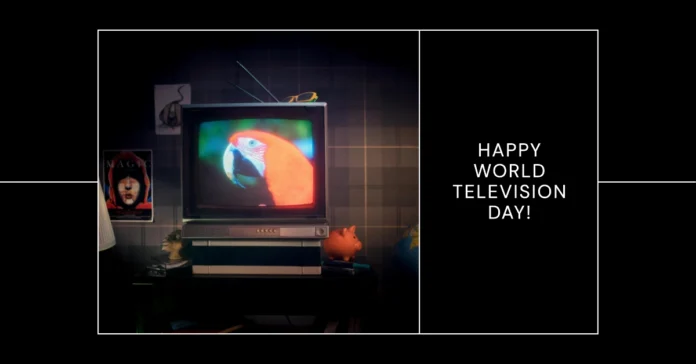World Television Day was established by the United Nations General Assembly on December 17, 1996, in recognition of the profound impact television has had on contemporary society.
The date of November 21 was chosen to commemorate the first World Television Forum held in 1996, which provided a platform for media professionals and policy-makers to discuss the role of television in modern society. The day is observed annually on November 21 to celebrate the power of television as a medium for communication, education, and entertainment.
World Television Day aims to achieve the following objectives:
Highlight the role of television: The day seeks to emphasize the significant role television plays in fostering communication, disseminating information, and shaping public opinion.
Promote television as an educational tool: World Television Day highlights the potential of television as a medium for educating and informing viewers about global issues, cultures, and events.
Celebrate television’s cultural impact: The day acknowledges the profound impact television has had on popular culture and the way it has brought diverse cultures and stories into people’s homes.
Encourage media literacy: World Television Day promotes media literacy and critical thinking, enabling viewers to discern fact from fiction and to make informed choices about the content they consume.
Various activities and events are organized globally on World Television Day, including:
Panel discussions and workshops: Broadcasters, media professionals, and policy-makers may organize discussions and workshops to explore the role of television in contemporary society and the challenges and opportunities it faces in the digital age.
Television programming: Television stations may air special programs, documentaries, and features that highlight the educational, cultural, and social impact of television.
Media campaigns: Awareness campaigns may be launched through traditional and social media platforms to raise public awareness about the importance of television as a medium for communication, education, and entertainment.
Film screenings: Documentaries and films about the history and impact of television may be screened to educate viewers about the medium’s evolution and its significance in our lives.
World Television Day serves as a reminder of the power and potential of television as a medium for communication, education, and entertainment. By celebrating its impact and promoting media literacy, we can help ensure that television continues to be a valuable resource for future generations.
Hidden Object Games
This World Television Day, we’re celebrating the impact of television on our lives with a special Hidden Object Game! From classic TV shows to iconic characters, discover objects and moments that have defined television history.
Key Features:
- A Hidden Object Game based on the theme of television.
- Numerous levels depicting different eras and genres of TV.
- Trivia about television history and its impact on our culture.
- A fun and engaging way to commemorate World Television Day.
Don’t forget to like the video, share it with your friends, and subscribe to our channel for more hidden object games. Let’s appreciate the role of television in our lives through this intriguing game!


